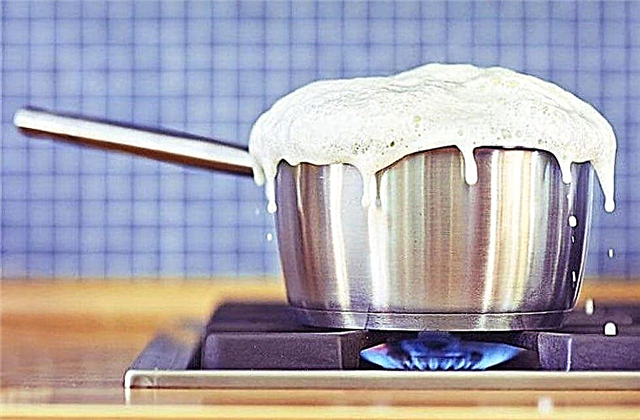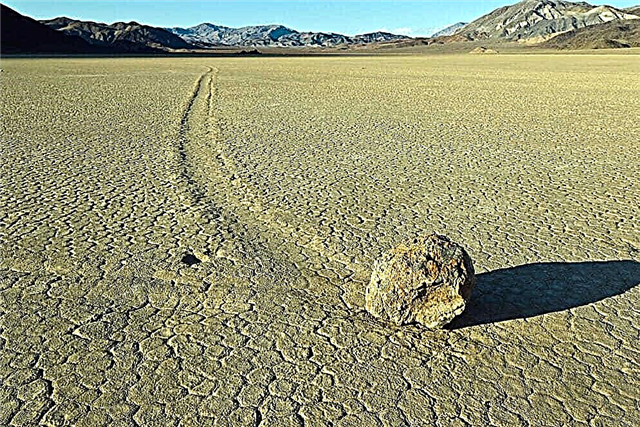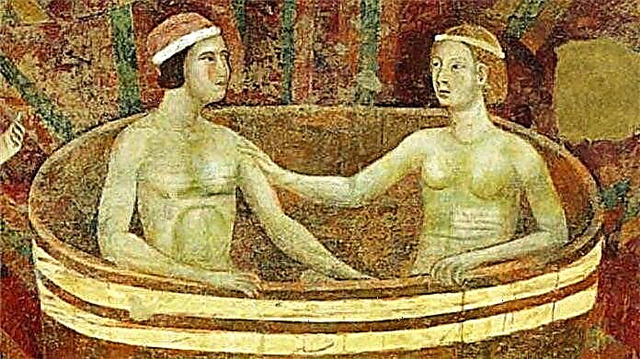
It should be noted right away that Europeans washed themselves in the Middle Ages. And the soap appeared rather late - it came from the south, it was first made in Syrian Aleppo, and it began to appear in large numbers already during the time of the Crusades. The inhabitants of southern Europe were able to get acquainted with this wonderful thing in the 8th century, but in Northern Europe it began to appear only in the 12th century.
Even with the advent of soap, people were not too addicted to bathing procedures. After all, soap was expensive, water had to be heated, spending firewood on it. But that was not even the case.
Why didn’t people wash themselves?
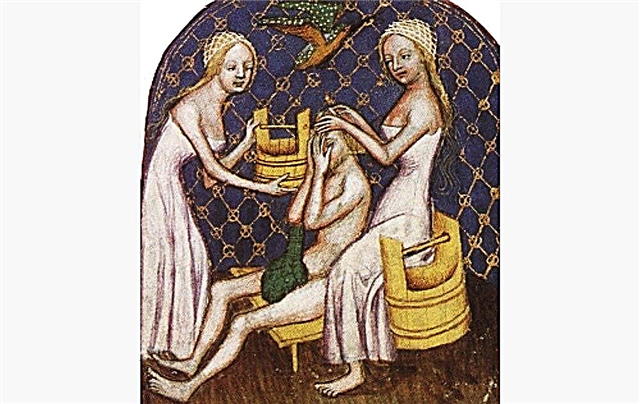
The Christian religion itself, in the form in which it was presented to the masses in the Middle Ages, indicated that the human body is a “vessel with sins,” and the soul is eternal. And it was believed that caring for the body is sinful. Even more: dirt, lice, an unpleasant smell were considered symbols of holiness. It was necessary to walk in torn clothes, in an untidy form, in order to achieve holiness. It was also believed that after washing, a person can wash away the protection - the water that remained on him after baptism. And people didn’t wash.
Not having the habit of washing, they were simply frightened, even if they had to immerse themselves in water because of some need. As a result, even in the 19th century, doctors had to make a lot of efforts in order to persuade a person to start washing. The result of this attitude to hygiene turned out to be logical - people, even noble ones, died from lice and scabies.
Attitude to hygiene in different centuries
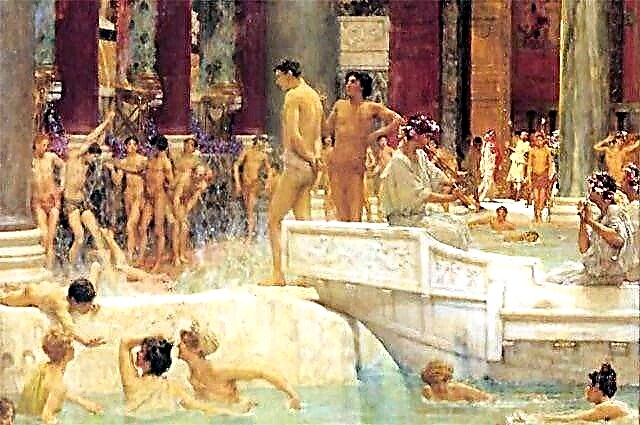
The ancient Greeks and Romans, body care and hygiene procedures became a kind of cult, and in any case were considered one of the most pleasant pleasures. The medieval rejection of cleanliness did not arise suddenly - as early as the 15-16 centuries, people from more or less wealthy families sought to wash at least once every six months. Also, baths were used as medical procedures. But from the 16th century, this practice has come to naught, and in the 17-18 centuries, people try not to wash at all. Only by the 19th century did the situation begin to change.
Interesting fact: a similar state of affairs stimulated the development of perfumery. In order to drown out unpleasant odors, perfumes were created that were actively bought and used by wealthy people. This solved the ethical side of the issue, but did not reduce the problems in terms of lack of hygiene and the consequences of such a situation.
Lack of hygiene and consequences
A similar situation could not pass without a trace for the European population, especially since it spread to all spheres of life. The usual toilets today actually did not exist; waste products simply spilled from the windows onto the streets of the cities. This caused terrible epidemics, the causes of which were discovered only after a considerable period of time. Fortunately, since the 19th century, the situation began to change, people began to become more conscious of hygiene issues, which made it possible to stop the outbreaks of infectious diseases and simply make life more pleasant.

